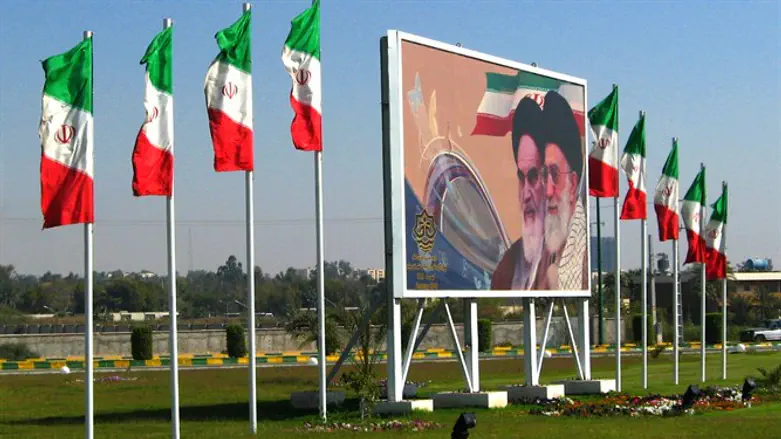
The UN's top court will hear in October a case brought by Iran against the United States seeking to recover billions in frozen assets, which U.S. courts say should go to American victims of terror attacks, AFP reported.
The International Court of Justice (ICJ) said in a statement it will "hold public hearings in the case concerning Certain Iranian Assets (Islamic Republic of Iran v. United States of America), from October 8 to October 12" at its seat in The Hague.
The hearings "will be devoted to preliminary objections raised by the United States," the statement added, after which judges will decide whether or not they can rule in the dispute.
In April of 2016, the U.S. Supreme Court ruled that nearly $2 billion in assets frozen in the United States will be recovered as compensation to families of victims of terrorist attacks linked to the Islamic Republic.
The Supreme Court ruled in April that the assets must be turned over to American families of people killed in the 1983 bombing of a U.S. Marine Corps barracks in Beirut and other attacks blamed on Iran.
Iran rejected the Supreme Court ruling shortly after it was issued, calling it “a theft of the assets and properties of the Islamic Republic of Iran” and saying the ruling is "tantamount to ridiculing justice and law and it does not create any right for the U.S. nationals."
In June of 2016, Iran filed a formal complaint with the International Court of Justice over the U.S. Supreme Court’s ruling, accusing the U.S. of breaking a decades-old bilateral treaty, dating from the time of the Shah, by seizing Iranian financial assets and those of Iranian companies.
U.S. courts have "awarded total damages of over $56 billion ... against Iran in respect of its alleged involvement in various terrorist acts mainly outside the US," Iran said at the time.
More than 1,000 plaintiffs in the case accused Iran of providing material support to its terrorist proxy Hezbollah, which was responsible for the 1983 truck bomb attack that killed 241 U.S. service personnel in Beirut.
They also sought compensation related to other attacks including the 1996 Khobar Towers truck bombing in Saudi Arabia, which killed 19 American service personnel.
The four days of public audiences in October are expected to focus on whether the ICJ judges can take up the case under the strict rules governing their procedures, noted AFP.
Set up in 1946, the ICJ rules in disputes between states on the basis of existing treaties and international law.
While Iran argues that the U.S. is breaking the terms of the 1955 Treaty of Amity signed with the then regime of the Shah before he was ousted in the 1979 Islamic Revolution, the U.S. severed bilateral diplomatic ties with Iran in 1979 after 52 Americans were taken hostage in the U.S. embassy in Tehran. They have not yet been fully restored.
(Arutz Sheva’s North American desk is keeping you updated until the start of Shabbat in New York. The time posted automatically on all Arutz Sheva articles, however, is Israeli time.)